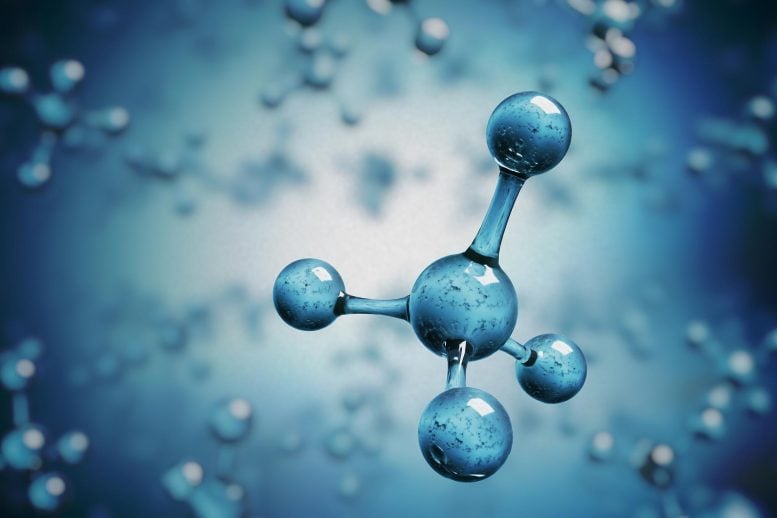
Buckle up, my friends, because we’re about to dive deep into the captivating world of methane emissions! Now, I know what you’re thinking – “methane? Isn’t that the stuff that makes farts stink?” Well, yes, but it’s so much more than that. In fact, this unassuming gas is playing a crucial role in the ongoing battle against climate change.
Let’s start with the basics. methane is a powerful greenhouse gas, and it’s been making headlines lately for all the wrong reasons. For years, we’ve been under the impression that fossil fuel production and other human-related activities were the primary drivers of methane emissions. But hold onto your hats, because a groundbreaking study from researchers at the University of Colorado Boulder has turned that notion on its head.
According to their detailed analysis, published in the prestigious Proceedings of the National Academy of Sciences, microbes are now the leading culprits behind the surge in methane emissions. That’s right, tiny microscopic organisms are the new climate game-changers, and they’re doing it in the most unexpected of places – from wetlands to rice paddies, and even the depths of the ocean.
Now, you might be wondering, “How can these little critters be responsible for such a big problem?” Well, it’s all about their insatiable appetite for organic matter. These microbes feast on the decaying plants and animals that litter the Earth’s surface, and as they do, they release methane as a byproduct. It’s like a never-ending buffet for them, and the more we disturb natural ecosystems, the more they seem to thrive.
But don’t worry, this isn’t a hopeless situation. The researchers are quick to point out that mitigating fossil fuel use and other human-related activities is still crucial in the fight against climate change. After all, those emissions still play a significant role in the overall picture. It’s just that now we have to factor in the pesky microbes as well.
So, what can we do about it? Well, for starters, we need to be more mindful of the delicate balance of our natural ecosystems. Protecting and restoring wetlands, forests, and other habitats can go a long way in keeping those methane-producing microbes in check. And, of course, we can’t forget about our good old friend, renewable energy. The more we can reduce our reliance on fossil fuels, the better.
But the real key, my friends, is to approach this challenge with a sense of wonder and curiosity. After all, these tiny microbes are doing something truly remarkable – they’re shaping the very climate of our planet! And who knows, maybe one day we’ll even find a way to harness their power for good, turning them into allies in the fight against climate change.
So, the next time you smell a whiff of methane, don’t just wrinkle your nose in disgust. Take a moment to appreciate the incredible complexity of our planet, and the delicate dance between the living and the non-living that keeps it all in balance. Because, at the end of the day, we’re all in this together – humans, microbes, and everything in between.
Originally published on https://scitechdaily.com/climate-game-changer-fossil-fuels-arent-behind-surging-methane-emissions/.
